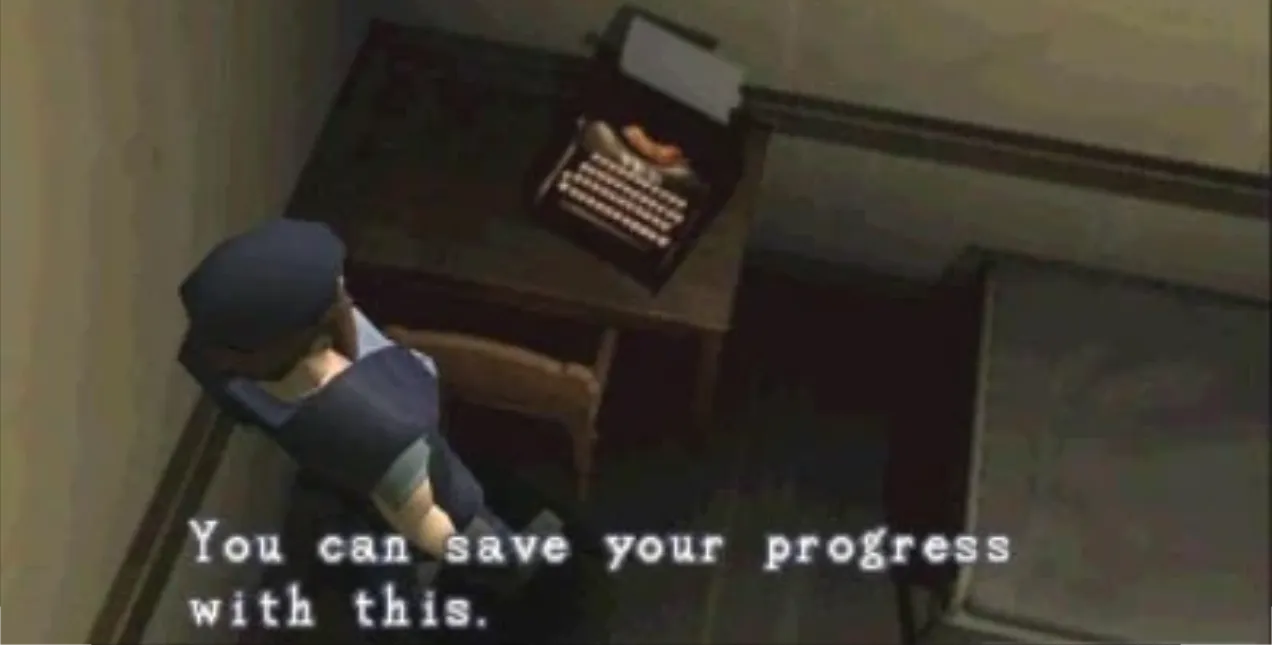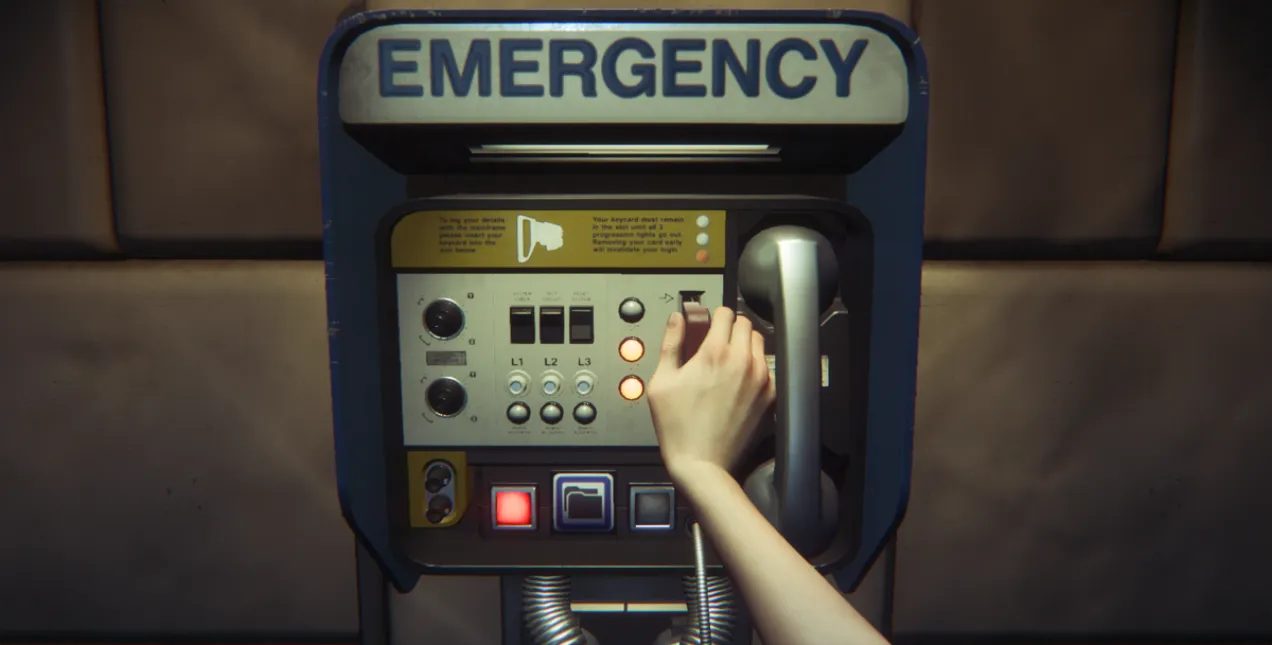Add Dread to Your Game

Horror is a tricky genre to get right. Being scared can be fun, but it’s not a normal state for a human to be in. Generally, we want to feel safe and look for ways to return to that state; we start to rationalize the situation, calming us down. From an evolutionary perspective this makes sense, but rationalizing can really break player immersion. So how do designers keep players in a persistent, ongoing state of dread? Give them something to worry about.
Limited Resources
Most games would never want their player to feel unprepared, but horror games can lean into it. By choosing to create a lack of resources purposefully, horror games can keep their players from ever feeling too comfortable. The player feels unprepared by design, and there are any number of ways to feel unprepared.
Everyone who’s played a Resident Evil game knows inventory management is important. The original Resident Evil makes it a point to minimize the number items available in the world. The player never knows the next time they’ll be able to get a healing item, or ammo for their gun. Use items too fast and they could be gone forever. This leaves the player questioning their choices constantly and taking risks to conserve resources, like getting in close quarters combat to save ammo.
Resident Evil 4 used a different tactic to get a similar effect. This world is generous with item drops, but limits the amount of items (including weapons) you can carry with you. It doesn’t matter how much ammo you’ve collected if you don’t have it with you when it counts.
What are ya buyin’?
Both approaches are rooted in loss aversion. The player is in complete control of when to use their items, yet has a constant feeling of dread, unsure if they’re really prepared for what’s coming.
Limited Saves
If a game has a complex but linear story, it usually means the player character will survive to the end. If you fail while playing, the game often resets to the last save, moments before disaster struck. In horror games this approach can minimize the consequences of the players actions, deflating the feelings of dread and anxiety as a result. So how do you have a linear game (no branching paths) while maintaining the sense of dread? Make the consequences real, not for the character, but for the player.
Resident Evil limits the number of times a player can save. Following the design decisions of items, saves are also collected, limited, and consumable. Narratively, saves are presented in a diegetic context that makes sense with horror tropes. The player uses ink ribbons to record on a typewriter what’s happened so far; in the game’s world people could be learning about your adventure after the fact by piecing together the notes you left behind. Mechanically it makes you think hard about when and where you choose to save. Saving has real consequences that you have to live with, there’s a real chance of saving in a situation where finishing the game would be hard (requiring a lot of backtracking) or even impossible (no more ammo and very low health). The player needs to constantly assess how confident they are they can reach that next ink ribbon. How much progress are they willing to wager?
Are ya feelin’ lucky?
Alien isolation limits saves as well; they don’t limit the amount of saves, but where you can save. You can save as many times as you want at the Registration Points set up around the spaceship, but you can’t stick close to a save point forever. This game is all about pushing forward while avoiding the Xenomorph; if you don’t eventually make the plunge and run to the next section you’ll be stuck. Players need to decide, push forward to the next save and risk their progress? Or backtrack, save at the last point, and make their way through that section all over again?
“Registration Point” that’s definitely just a phone.
Arguably, this is a better fit for a linear story game. It doesn’t require inventory management, and it has a built in ebb and flow of high tension low tension which helps set up some genuine scares. While you could blame the Resident Evil system for allowing you to enter a state you can’t win, it’s a lot harder to blame Alien Isolation. You just need to be brave and skilled enough to reach the next phone.
People can’t feel pure terror for hours at a time, but they can sit in dread. Horror games that create mechanics to amplify that ongoing sense of dread, loss aversion, and uncertainty are much better for it. Limiting resources and saves aren’t the only ways to foster a sense of dread in games, there are many, many more mechanics that lend themselves to it well, but seeing how something as simple as an inventory system can change core gameplay and create so much tension shows just how powerful they can be. Spooky.
Consider becoming a patron for exclusive content and perks.
Or sign up for our substack



